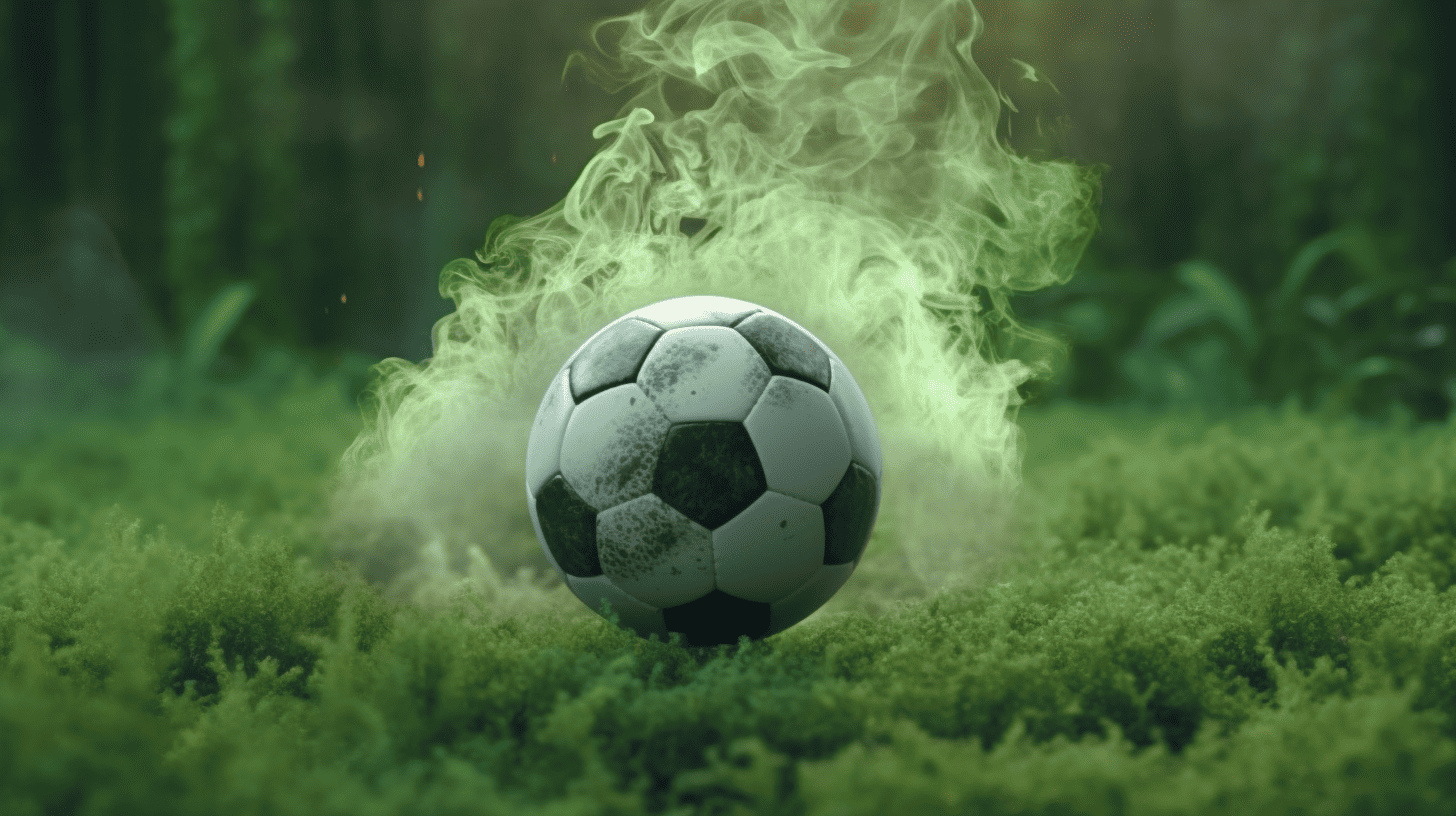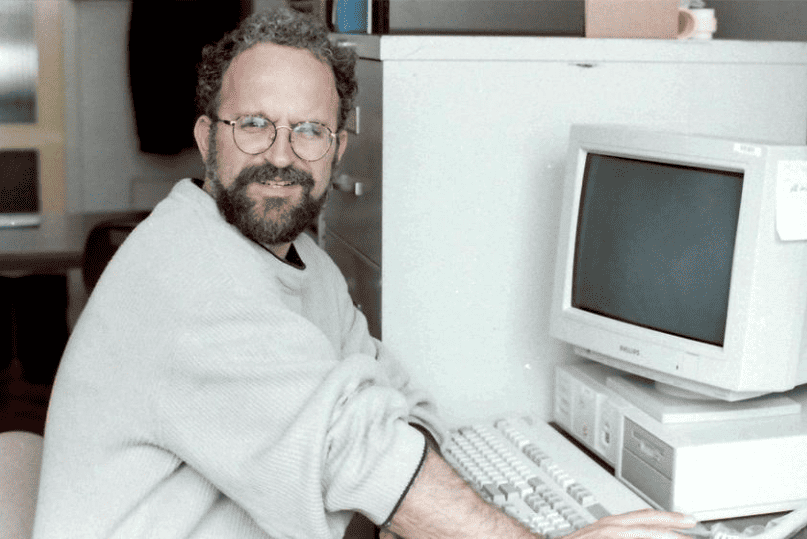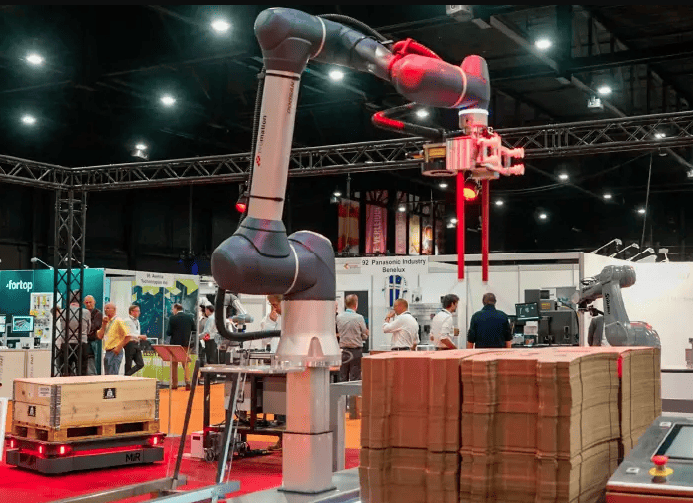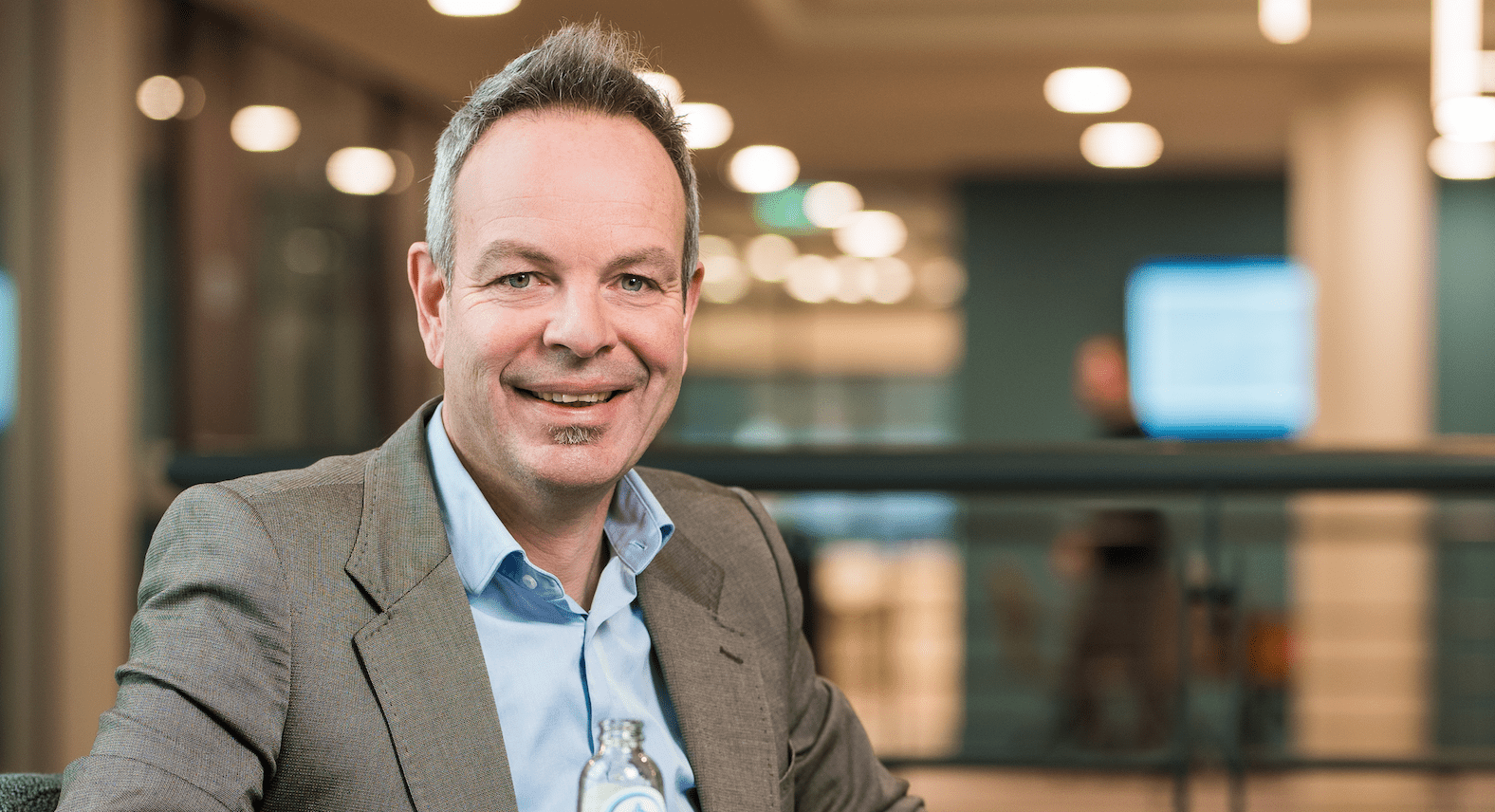
“At the top, details make all the difference,” are the words of Stefan de Vrij, footballer with FC Internazionale (Milan) and the Dutch national team. De Vrij is coached on a weekly basis by the Dutch company Tactalyse. Loran Vrielink (27), not just the owner and founder of the company but performance coach as well, analyzes the matches that De Vrij plays on a weekly basis and then discusses it with him on FaceTime. Tactalyse helps footballers to make better choices on the field. Both major players and those who as yet still have to make a breakthrough. It does this using a self-developed methodology in combination with video analysis. Which all takes place at an office in Groningen. This is where Vrielink trained a team of four performance coaches after the company was founded in 2016. Originally it began operating under the name Your Tactical Analyst.
The problem that Tactical Analysis aims to resolve
In modern professional football, not a single aspect is left to chance anymore. Which is why external personal trainers, dieticians and mental coaches can no longer be ignored in the world of football. Nevertheless, the tactical development of footballers is still essentially in the hands of a select group. That’s the technical staff, who are appointed by the clubs themselves.
What’s more, a club trainer simply doesn’t have enough time to provide each player with individual tactical coaching. At least, not at the level of Tactalysis. Where a performance coach easily spends five hours on the weekly coaching sessions of a single player. Since football is referred to as a slow scoring sport (i.e.: a sport where one point difference is decisive and scoring is limited), matches (which often have huge financial interests at stake) are decided by a number of defining circumstances. In short: one mistake can lead to a penalty goal, which ultimately determines the match result. By raising awareness of these kinds of situations among footballers, Tactalyse hopes that its clients will make better choices at (crucial) moments during a match.
How the company was established

Founder Loran Vrielink, once a talented basketball player himself, took the Physical Education degree course at the Hanze University of Applied Sciences in Groningen. It was during this study program that he first came into contact with video analysis and its use in individual performance. After completing his Physical Education degree, he left for Barcelona to attend the High Performance Football program there.
During this study he was able to analyze a lot at training sessions and matches of the FC Barcelona and RCD Espanyol youth players. It was then that Vrielink spotted a gap in the market when it came to coaching professional footballers using video analysis. That’s when he set up the company Your Tactical Analyst. The company’s methodology makes extensive use of all of the tactical principles that he learned in Barcelona.
The business model
With exclusively professional footballers as a client base, Tactalyse has a fairly specific target group. At least that’s what Vrielink thought when the individual tactical coaching started to take off. In order to be able to offer services in other sectors of the football world, the company also began focusing on team analysis, scouting and workshops. Meanwhile, Vrielink has given workshops throughout The Netherlands. Plus Tactalyse has also carried out a number of projects involving scouting and team analysis.
As a result of new techniques, data and images can be obtained far into the deepest recesses of Liechtenstein football. This provides Tactalyse with an enormous scouting database that it can work with. By combining statistics with video footage, it is able to deliver specific scouting services at the request of football clubs. Nevertheless, individual tactical coaching is currently the most common service that the company provides to the majority of its clients on a weekly basis..
The Tactalyse methodology

In its methodology, Tactalyse builds on so-called fundamentals. They themselves qualify fundamentals as ‘the optimal response to a match situation’. These fundamentals form the common thread throughout the process that Tactalyse undertakes with each footballer. Awareness is raised about specific situations and the way in which a footballer makes choices in these situations. This is done on the basis of video footage of each footballer’s most recent match. The goal is for players to recognize situations and gain insight into how best to react in certain situations. And to do that in line with their respective trainer’s tactical instructions.
Tactalyse’s methodology places the emphasis on each player’s individual choices. Although the context surrounding a player’s choice can also be broadened so as to include the rest of the team that he or she plays in. The methodology is not set in stone. Tactalysis takes time out every week to consult with all the performance coaches with the aim of improving this methodology.
What Tactalysis has to deal with
As with any start-up, there are certain issues that Tactalysis regularly has to deal with. First of all, as an innovative company, the conservative football world is difficult to navigate. Football clubs are frequently rather conservative in their approach to innovation within the football industry. They tend to see external companies like Tactalyse as a threat rather than as added value.
Furthermore, not every professional footballer is by definition suited to the services offered by Tactalyse. He or she should be eager to learn and disciplined enough to free up time on a weekly basis. As well as sit down for sessions with Tactalyse and fulfil the club’s obligations. Football players tend to pay for the sessions out of their own pocket. What Tactalyse also comes up against is that it’s very difficult to offer individual coaching on the basis of video analysis when a client gets injured or ends up on the reserve bench. Simply because there are no images to analyse.
The future of Tactalysis
Vrielink hopes that his company will take on a more prominent role in football over the coming years. Driven by passion to make professional footballers of every calibre perform better, he hopes that more clubs and players will become convinced of Tactalyse’s services. Ideally, the company prefers to work with the top of the league. Although the process of a young player breaking through and advancing towards the top remains interesting as well. Nor does Tactalyse want to limit itself to individual coaching. It hopes that by investing in workshops, scouting and team analysis with an innovative perspective, the company will also score in those areas.
At the moment the company is doing research into developing an app. Accessible only to professional footballers, this app will upload videos related to tactical choices of top footballers on a weekly basis. By watching these videos, other footballers can learn about their position from the absolute best. That’s one way they can eventually make better choices once they’re back on the pitch. In future, projects like this should ensure that Tactalysis will become an internationally renowned name in the world of football.
Several well-known (former) Tactalyse clients: Stefan de Vrij (International and Dutch team, see main picture), Joël Veltman (Ajax and the Dutch national team), Jetro Willems (Newcastle United), William Troost-Ekong (Udinese and the Nigerian national team)..








